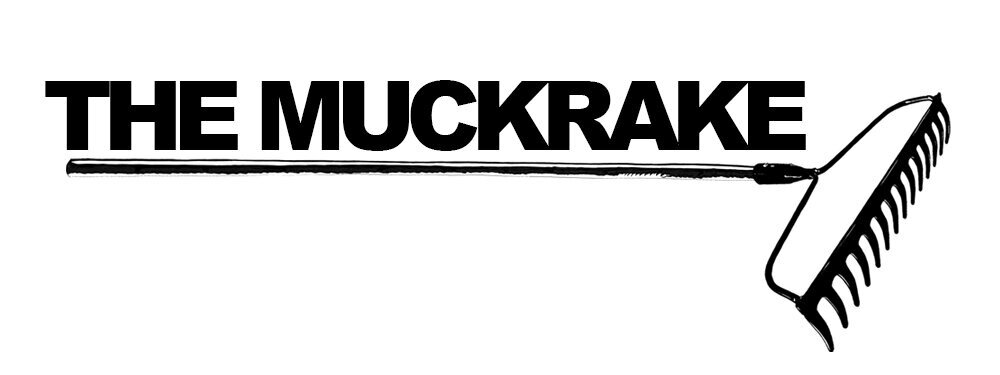Independence Day: Reckoning With America in an Age of Plague
I grew up in a town that held the Fourth of July as one of its most important holidays. People from surrounding counties flooded in for the parade, the carnival, the concerts, and the fireworks display originating from the city park. In the days surrounding it, life was inundated with crisp red, white, and blue American flags, one event after another, and an inescapable, everpresent, overwhelming patriotic spirit.
This Fourth is a departure. Events are canceled around the country, lending the occasion a somber and lonely mood that fits a time of death and disease. Quarantined away, Americans are left to observe the day in relative isolation, leaving them to ponder what exactly American means anyway.
Of course, the pomp and circumstance of parades, the boom and glitz of fireworks and neon lights, all distracted from the true nature of the anniversary. It was a simulation of warfare, a feast for the senses meant to evoke a nation at war for its independence and continuing to war in pursuit of accumulating power. As long as the lights were bright, the bands loud, and the fireworks overwhelming, there was never time to gather our bearings and really consider what America is besides a cacophony of battle, a feast of consumption, and a forever march toward something indefinable and unspeakable.
Now, with the depressed silence, it’s time to sort through the noise and find some truth.
Sadly, America has been under a spell that is equal parts religious, nationalistic, and racist, creating a bizarre hybrid mythology. This white supremacist, Neo-Confederate, nationalistic myth has infected the country after a tireless campaign to politicize an alternate reality wherein our leaders are infallible and Christ-like and our founding as perfect and incorruptible as an immaculate conception.
The “Make America Great Again” message of Trumpism is an angry defense of this worldview, a weaponized nostalgia hellbent on silencing critics who only wish to discuss the actual history and nature of the United States. President Donald Trump’s ascent to power was paved on this deliberate denial and his movement predicated on willful abdication of responsibility. What we have seen as of late, with both the rise of social media and now the Black Lives Matter protests, is an attempt by the majority of the country to confront the angry minority who live in this alternate reality and those radicalized white Americans who are ready to dole out murderous violence lest they be awoken from their slumber.
It is altogether appropriate that the Fourth of July in 2020, the lost year of the coronavirus plague, that this confrontation looms large as more and more and more Americans fall prey to an altogether preventable illness. Our myth of exceptionalism has been exposed as a blistering lie. In the face of a generational disaster, we have not only blinked but have just simply…given up. The government has ceased functioning and all but admitted it has no interest in protecting the people or even attempting to make a deadly situation better. Our economy continues to hum to the tune of the advantaged and powerful while millions are unemployed and terrified.
Perhaps this is rock-bottom. Perhaps this could be the moment that we escape from this alternate reality and use this time in hiding and shame to reconsider what we have known, who we have been, and, ultimately, who we could be. Instead of indulging in the sensory overload that is America’s anniversary of independence by celebrating our excesses and conquerings, we could live within our selves and maybe even sort through the debris.
This country is not and has never been perfect. The Founding Fathers were white, wealthy, slaveholding men who professed to believe in freedom and equality while keeping human beings in bondage and denying equal rights to women, people of color, and poor whites. The Revolution was not inspired by a Christian God or helped along by providence. It was a symptom of the overexpansion of colonialism and a movement spurred by people who were patriotic but also obsessed with their own wealth and power. While the Declaration of Independence proclaimed inalienable rights, the Constitution ensured a hierarchical system of power that privileged white, wealthy, slaveholding men and constructed a system of government meant to ensure the white, wealthy, slaveholding men were able to control government over the uneducated whims of the majority of Americans.
If this truth bothers you, perhaps this Fourth of July is a perfect opportunity to discover why.
Is your idea of America predicated on truth or your incessant, tireless need to base your identity on something that affirms and protects white, patriarchal supremacy?
There have been moments of plague before, times of unrest and certainly distress. During wars with uncertain outcomes, be it the Revolution, the Civil War, or the World Wars that followed, there were moments of fear and loneliness that forced Americans to consider who they were. These moments of reflection created movements of collective action and people of purpose. This holiday weekend, as the cannons are silenced and the streets deserted, maybe it’s time for some more reflection. Maybe it’s time to consider what this country is, what it’s been, and, more importantly, what it could be.
Jared Yates Sexton is the author of American Rule: How A Nation Conquered The World But Failed its People, available for pre-order from Dutton/Penguin-Random House. His work has appeared in the New York Times, The New Republic, The Daily Beast, Politico, and elsewhere. He currently serves as an associate professor of writing at Georgia Southern University and is the co-host of The Muckrake Podcast.


